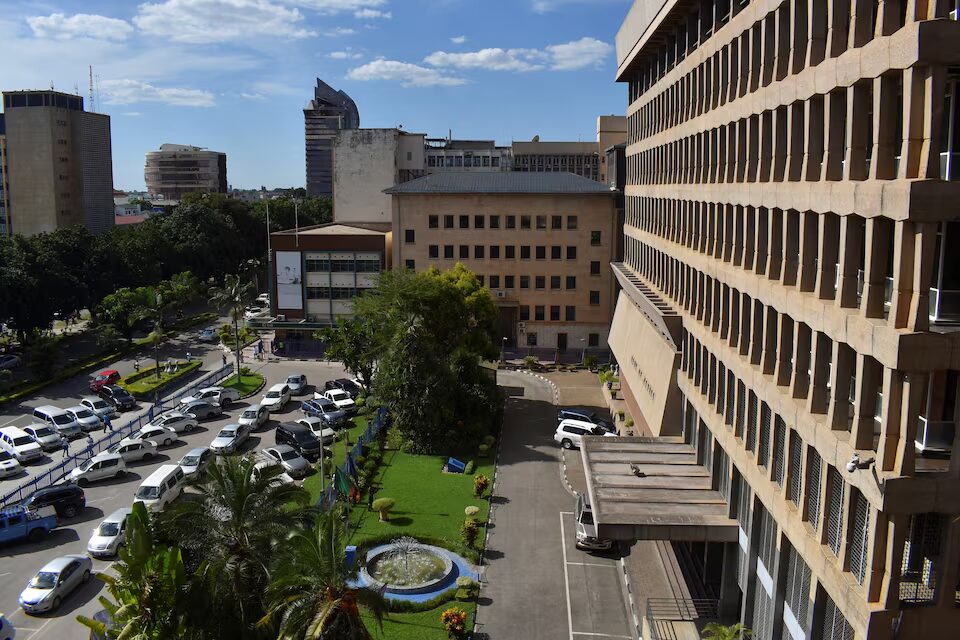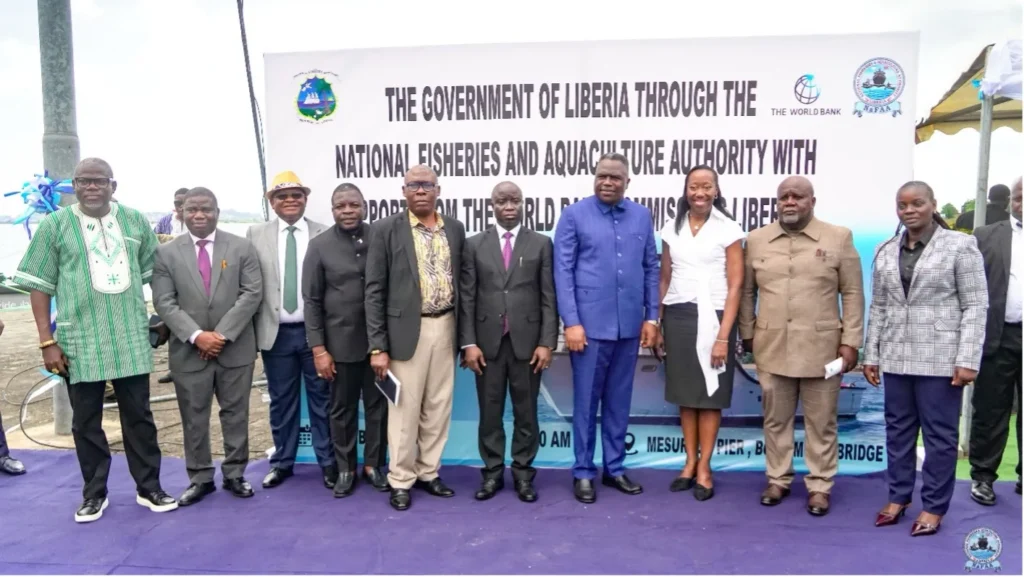
Thursday 27th November 2025

by inAfrika Newsroom
Liberia fisheries jobs are being pushed to the centre of the country’s employment debate as Vice-President Jeremiah Koung urges young people to look beyond government posts. Speaking at a recent engagement with students and coastal communities, Koung said the state cannot hire everyone and highlighted fisheries, agriculture and small business as key paths for youth livelihoods.
The vice-president pointed to Liberia’s vast marine resources and underused inland water bodies, arguing that improved landing sites, cold-chain systems and financing could turn Liberia fisheries jobs into a major employer. He also called for stricter monitoring of foreign industrial fleets and better enforcement of catch reporting. According to officials, the government is working with partners to expand training in fish handling, processing and boat maintenance.
However, civil society groups say reforms must go beyond rhetoric. They want more transparency in licence revenues, a fairer share of landing infrastructure for local fishers and action against illegal, unreported and unregulated (IUU) fishing. Advocates also warn that without better coastal protection and climate-smart planning, rising seas and erosion could wipe out vulnerable fishing settlements.
The government plans to integrate Liberia fisheries jobs into its youth employment and skills programmes, with a focus on coastal counties. Proposed measures include rehabilitating jetties, introducing micro-credit for women fish processors and piloting community-managed nursery ponds. Partners are also exploring digital tools for vessel tracking and mobile payments at landing sites to improve revenue collection and fisher incomes.
A serious push on Liberia fisheries jobs offers a practical test of how African economies can turn natural assets into broad-based employment. When small-scale fishers and processors gain secure access to finance, infrastructure and markets, they help stabilise food supplies and reduce migration pressures. In addition, more transparent licence systems can raise public revenues without deepening debt. Lessons from Liberia’s reforms could guide other coastal states grappling with youth unemployment, IUU fishing and the challenge of linking blue economy strategies to real jobs on the ground.


